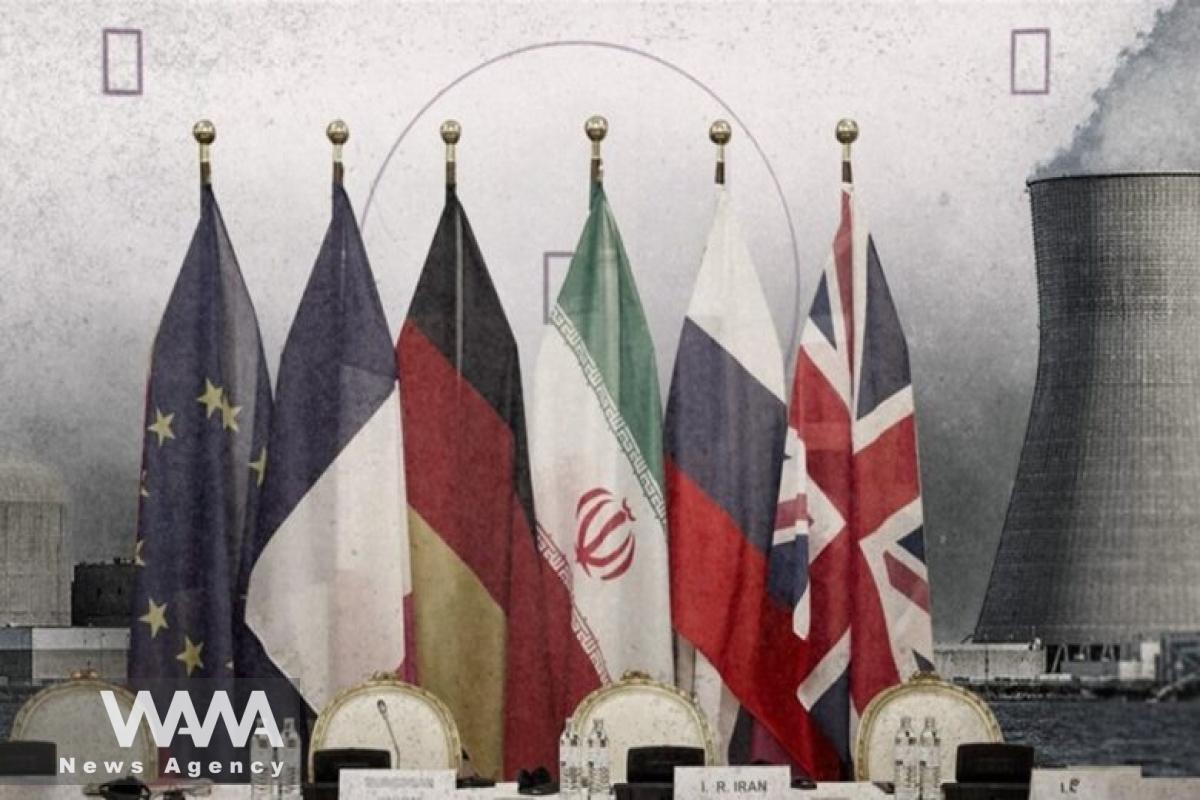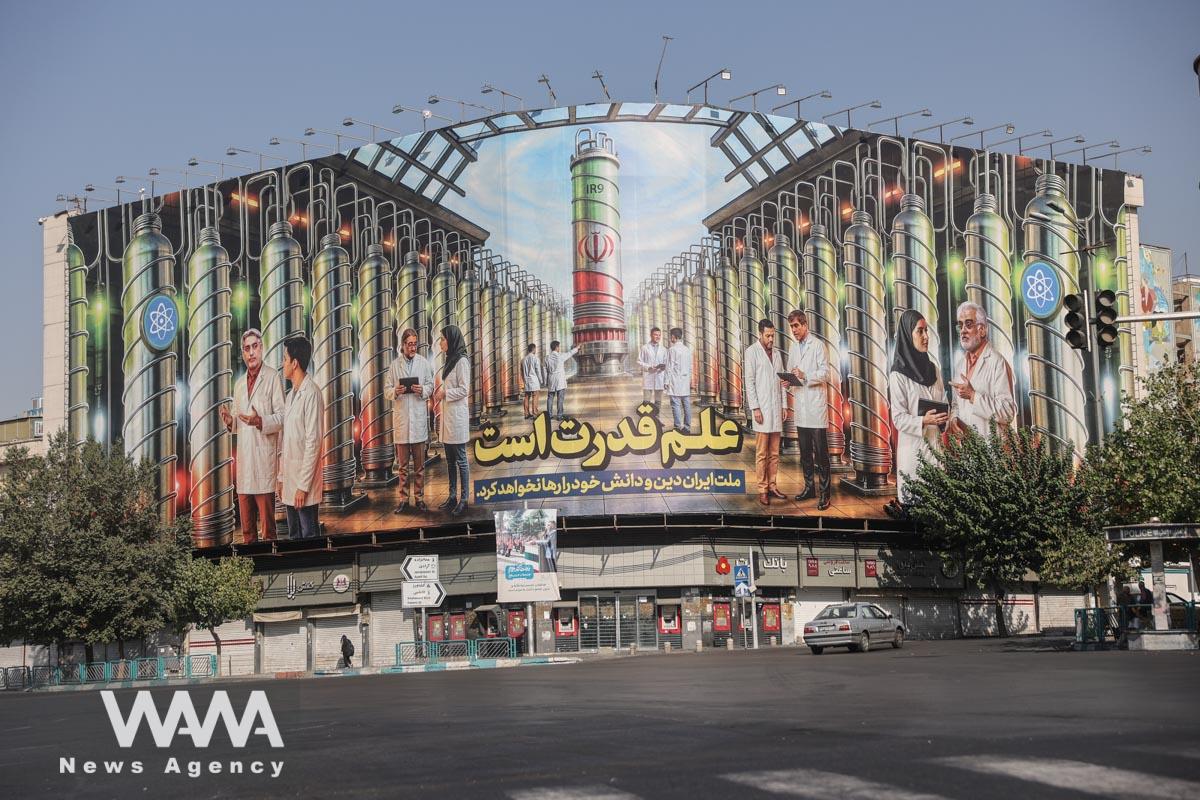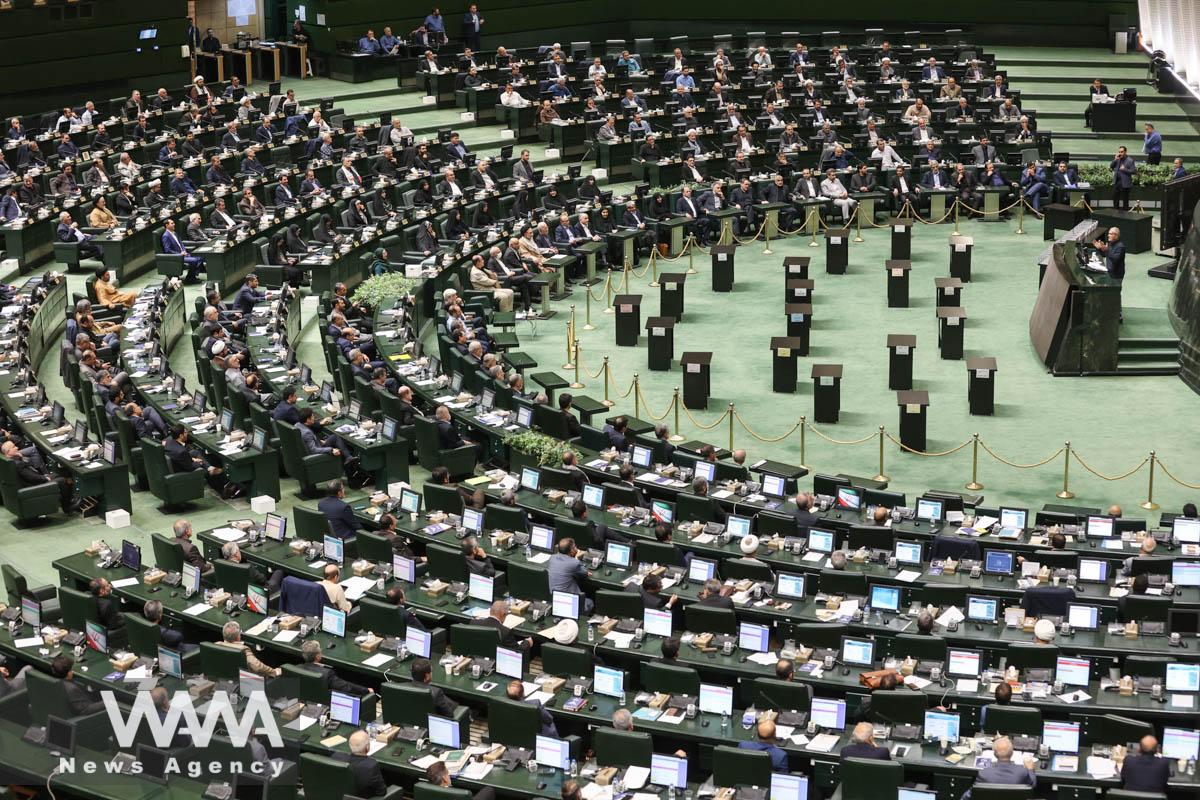WANA (Sep 27) – A senior member of the Iranian Parliament’s National Security and Foreign Policy Committee announced that lawmakers will tomorrow debate and decide on whether Iran should withdraw from the Nuclear Non-Proliferation Treaty (NPT). Esmaeil Kowsari, speaking to reporters, also commented on the reactivation of the so-called “snapback mechanism” and its implications.
Kowsari criticized the United Nations for what he described as a failure to enforce its own rules, stressing that when the United States unilaterally left the Joint Comprehensive Plan of Action (JCPOA) and Europe failed or refused to fulfill its commitments, the legal foundation of the snapback mechanism was already undermined. He argued that this reflects what he called “lawlessness in the international system.”
According to Kowsari, the snapback mechanism is intended to intimidate Iran, but he insisted that the measure would not shake Iran’s economy, as “all possible sanctions have already been imposed by the U.S. and Europe.” He added that there is “nothing left” for the UN Security Council to enforce beyond existing restrictions.


WANA (Sep 20) – With the failure of a UN Security Council resolution to extend sanctions relief for Iran, and mounting pressure from three European powers to trigger the so-called “snapback” mechanism, Tehran has warned that it may withdraw from the Nuclear Non-Proliferation Treaty (NPT) and take further retaliatory measures. The standoff underscores a diplomatic […]
The Iranian lawmaker also referred to threats against the country’s oil exports, saying that previous attempts to disrupt Iran’s maritime shipments were met with swift and forceful retaliation: “They tried to damage our ships, and we responded in kind, forcing them to back down. They are the ones who fear escalation, not us,” he said. Kowsari nevertheless emphasized that Iran does not seek war but will “defend its land and its people.”
Touching on Iran’s recent agreement with Rafael Grossi, Director-General of the International Atomic Energy Agency (IAEA), Kowsari said the deal would not be implemented if the snapback mechanism is activated. He cited remarks from former deputy foreign minister Abbas Araghchi in the parliamentary committee, who had confirmed this position.
Regarding the possible withdrawal from the NPT, Kowsari confirmed that Iran’s Parliament will deliberate on the matter tomorrow and make a decision. Asked whether withdrawal is certain, he responded that “if necessary, Parliament will proceed,” noting that the body has largely reached that conclusion but is still weighing different aspects.


A billboard with a picture of nuclear scientists killed in Israeli strikes and Iranian centrifuges is displayed on a street in Tehran, Iran August 29, 2025. Majid Asgaripour/WANA (West Asia News Agency)
On whether leaving the NPT would mean Iran is moving toward developing nuclear weapons, Kowsari clarified: “No, it does not mean that. That issue would be reviewed separately, and if needed, it can be placed on the Parliament’s agenda in the future.”
Kowsari also referred to regional developments, saying that if Iran’s adversaries were truly capable, they would have already achieved their goals in Gaza but “failed to do so.”
The upcoming debate in Iran’s Parliament is expected to be a key moment in shaping Tehran’s nuclear policy, with potential repercussions for both domestic and international arenas. Further details and official responses will follow after tomorrow’s parliamentary session.
